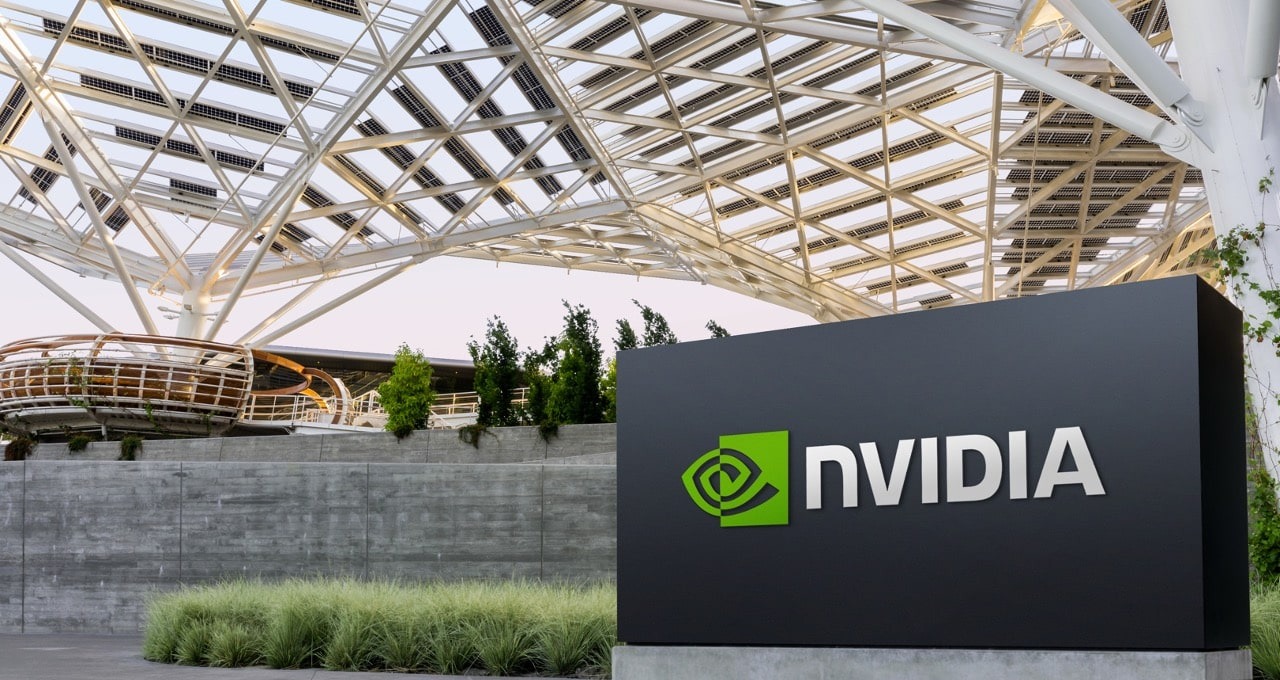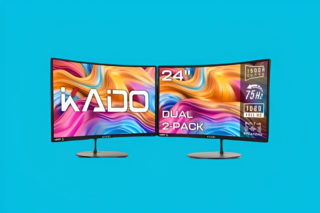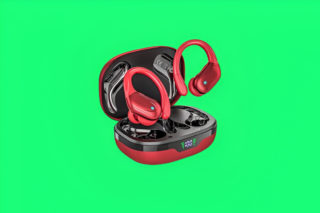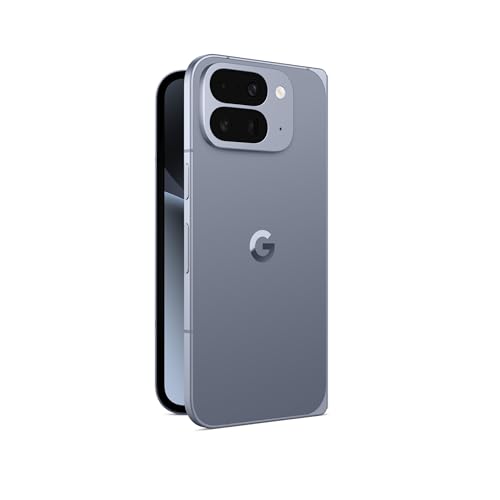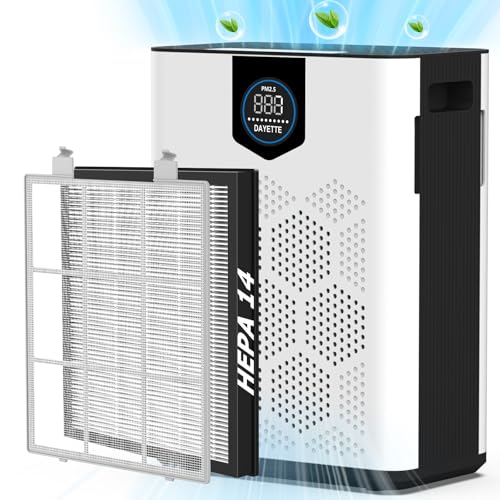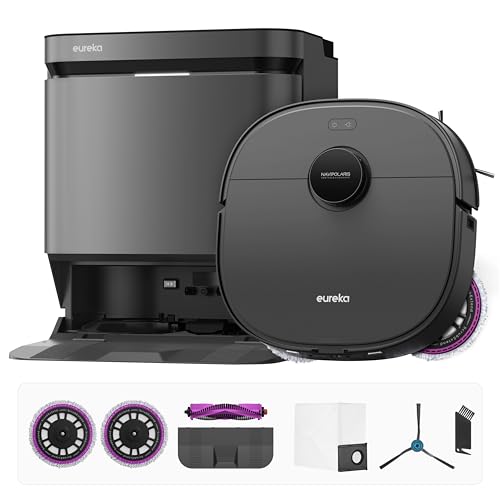Regulatory engineering meets silicon strategy as Nvidia reportedly crafts a custom AI accelerator for Chinese markets. The B30A chip delivers roughly half the computing power of Nvidia’s flagship B300 while exceeding their currently approved H20 model—threading the needle between commercial ambition and export restrictions. This isn’t just product development; it’s geopolitical choreography with semiconductors, where your access to cutting-edge AI tools increasingly depends on diplomatic negotiations.
Blackwell Architecture Gets the Export Treatment
Single-die design balances performance with regulatory compliance for Chinese data centers.
Based on Nvidia’s cutting-edge Blackwell architecture, the B30A uses a single-die configuration instead of the dual-die powerhouse found in flagship models. Sample units could reach Chinese customers as early as September 2025, assuming regulatory approval materializes. The chip targets hyperscale operators and cloud providers who need more horsepower than the H20 but can’t access unrestricted hardware.
Trump’s 15 Percent Solution Changes the Game
New U.S.-China tech arrangements allow chip sales with government revenue sharing.
Recent negotiations permit Nvidia and AMD to resume some Chinese sales—provided they pay 15% of revenues to the U.S. government. President Trump suggested approving “slightly enhanced but still limited” Blackwell chips for China, contingent on White House discretion. Chinese tech giants have reportedly been discouraged by their own government from purchasing H20 chips, creating market pressure for alternatives.
The Commercial Stakes Run Deep
China represents 13% of Nvidia’s revenue amid ongoing regulatory uncertainty.
Nvidia states it aims to “compete to the extent that governments allow,” emphasizing all products receive “full approval of applicable authorities.” With China accounting for 13% of fiscal year sales, the company walks a tightrope between compliance and commerce. Each regulatory shift could reshape billions in revenue and global AI development trajectories.
The B30A represents something larger than custom silicon—it’s a preview of how tech giants will navigate an increasingly fragmented global market. Your access to cutting-edge AI tools may increasingly depend on where you’re located and which diplomatic agreements hold firm.


